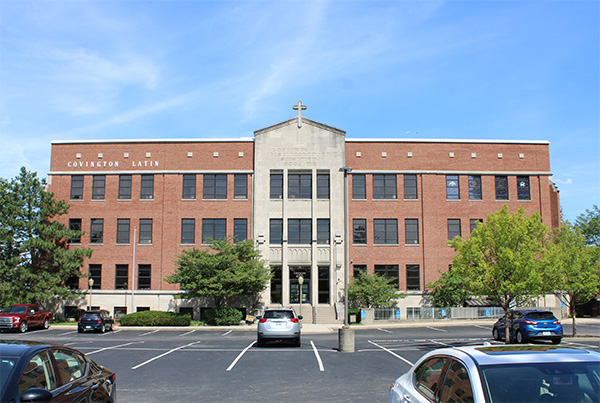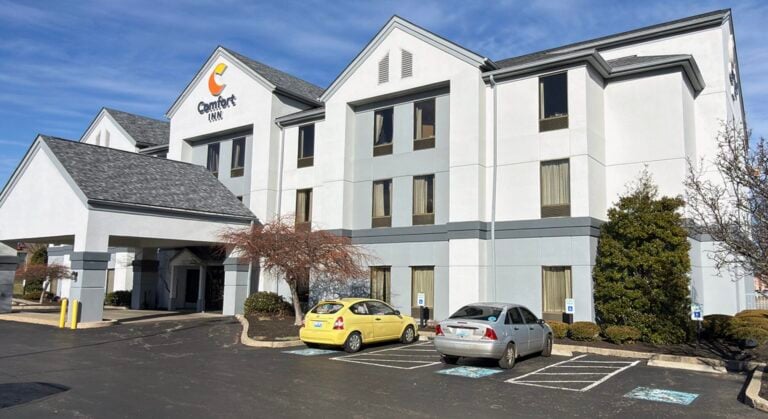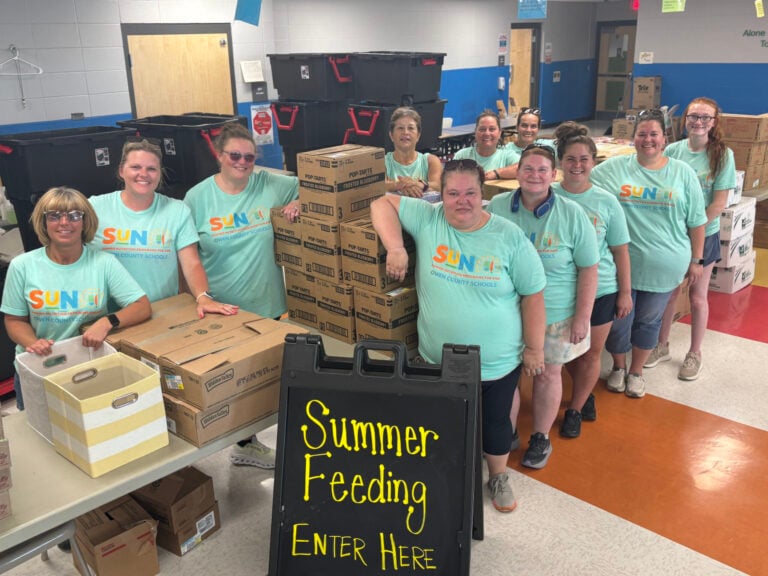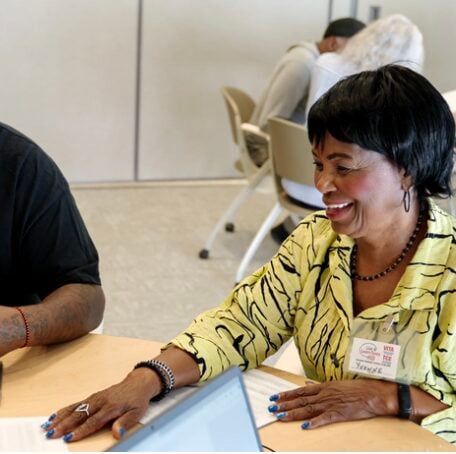The same failures that shielded a billionaire predator are the same failures hurting
families in Northern Kentucky.
Northern Kentucky isn’t a bystander to national conversations about exploitation, trafficking, or institutional cover-ups. We live at the intersection of state systems stretched beyond their limits and federal protections our own representatives routinely vote against. That makes the failures revealed in the Epstein case particularly relevant here.
When people ask, “Why should Kentucky care about the Epstein files?” the answer is simple: Because the same blind spots that let powerful men harm children in secret are the same blind spots that allow abuse to flourish in Kentucky.

• Kentucky’s Children Face the Highest Levels of Harm in America
For years, Kentucky has ranked at or near the top of the nation in child abuse and neglect. Our victimization rate frequently doubles the national average. In several years, Kentucky ranked first in confirmed cases.
Behind each number is a child without a safe place to land, a warning sign overlooked, or a caseworker overwhelmed by impossible caseloads. This isn’t an abstract policy problem — it’s one of our state’s defining emergencies.
• Sexual Violence Here Isn’t an Outlier — It’s a Pattern
Every year, Kentucky law enforcement reports thousands of sexual offenses: rape, molestation, statutory crimes, and assaults against minors. The numbers change, but the pattern does not:
● The volume is high.
● The victims are young.
● The infrastructure is overwhelmed.
Kentucky does not provide easy-to-read district breakdowns. Families can’t see what’s
happening in their communities, and lawmakers avoid district-specific accountability.
III. A rape-kit backlog that spanned generations before Epstein became a national symbol of institutional failure, Kentucky already had its own: more than 3,000 untested rape kits, some sitting for 10–17 years. Kentucky eventually cleared the historic backlog — but “cleared” does not mean cured.
Kits still move slowly, backlogs still form, and survivors still wait months or years for answers. When evidence is ignored, predators stay active. Delay becomes permission.
IV. Kentucky’s delegation has not met the moment
The Violence Against Women Act (VAWA) provides crucial funding for shelters, investigations, and survivor services. On the 2021 reauthorization, every Republican member of Kentucky’s congressional delegation voted against it.
The state with some of the highest child-harm rates in America, one of the worst rape-kit histories, and already strained services, rejected the protections designed to address these crises.
You cannot reduce harm you refuse to acknowledge.
• Why Epstein Matters Here
The Epstein case represents a blueprint of institutional failure: evidence minimized, victims dismissed, agencies competing instead of coordinating, and power protecting itself instead of the vulnerable.
Kentucky shows the same cracks: child victimization far above average, years of ignored evidence, no district-level transparency, and federal protections voted down by our delegation. This isn’t a distant scandal. It’s a mirror.
• A Closing Message for Northern Kentucky
Our communities deserve leaders who don’t look away. Leaders who confront exploitation with transparency, not excuses.
The silence and inaction we’ve tolerated cannot continue. Our children deserve someone willing to fight for them with courage and consistency. Someone must.
And it’s time to ask who is willing to step up when it matters most.
Giovanni Loisite in a Northern Kentucky-based writer and commentator focused on government transparency, public safety, survivor justice, and institutional accountability. A former finanical representative with experience in regulatory compliance and legal sytems, he writes for OndaNova Media and Substack.

















